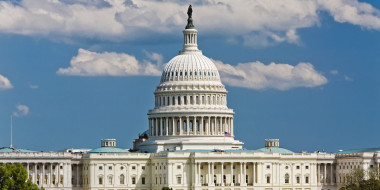US debt interest payments surge past $1 trillion yearly pace, worsening concerns about massive borrowing

There have been multiple accounts created with the sole purpose of posting advertisement posts or replies containing unsolicited advertising.
Accounts which solely post advertisements, or persistently post them may be terminated.